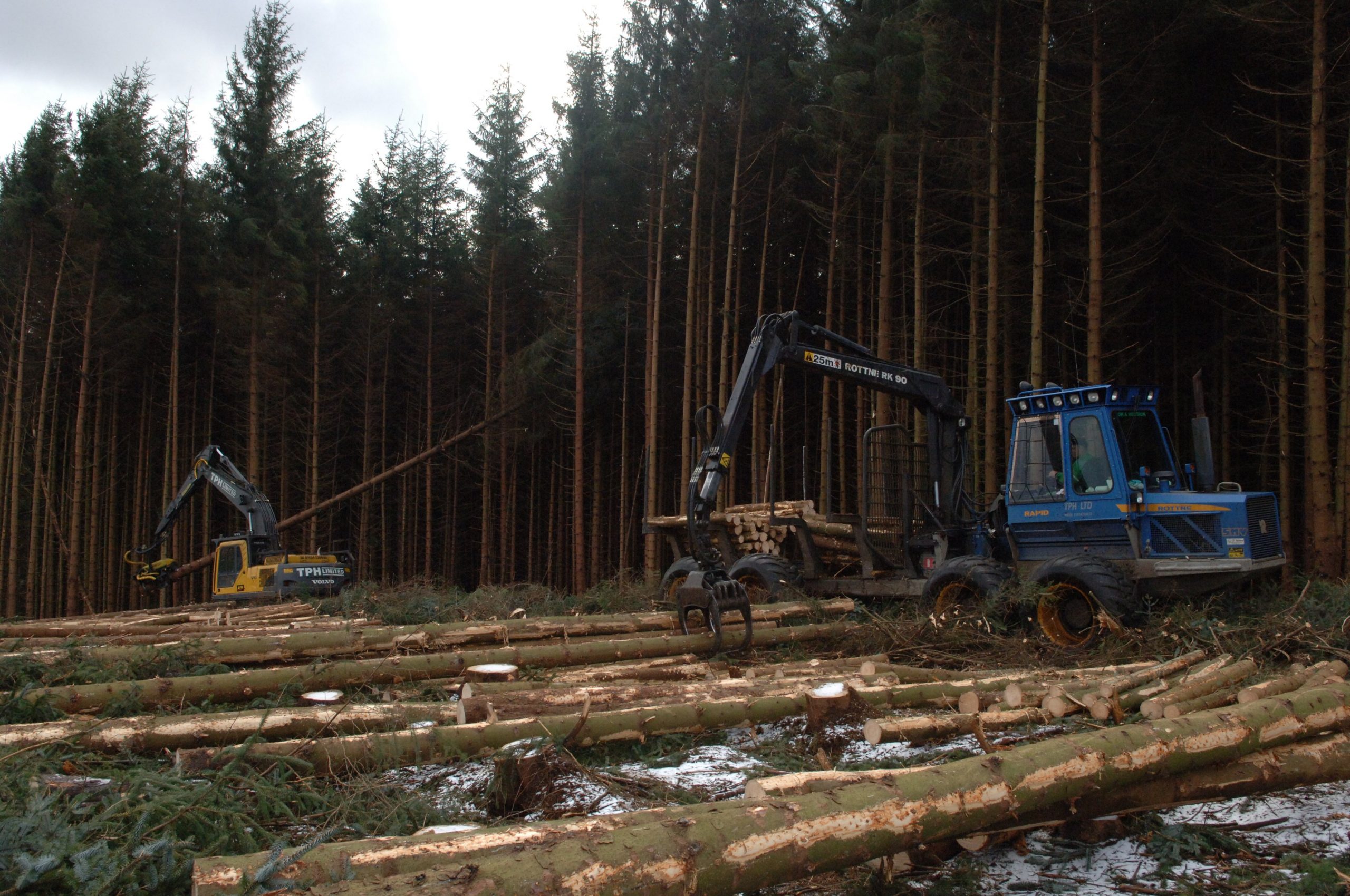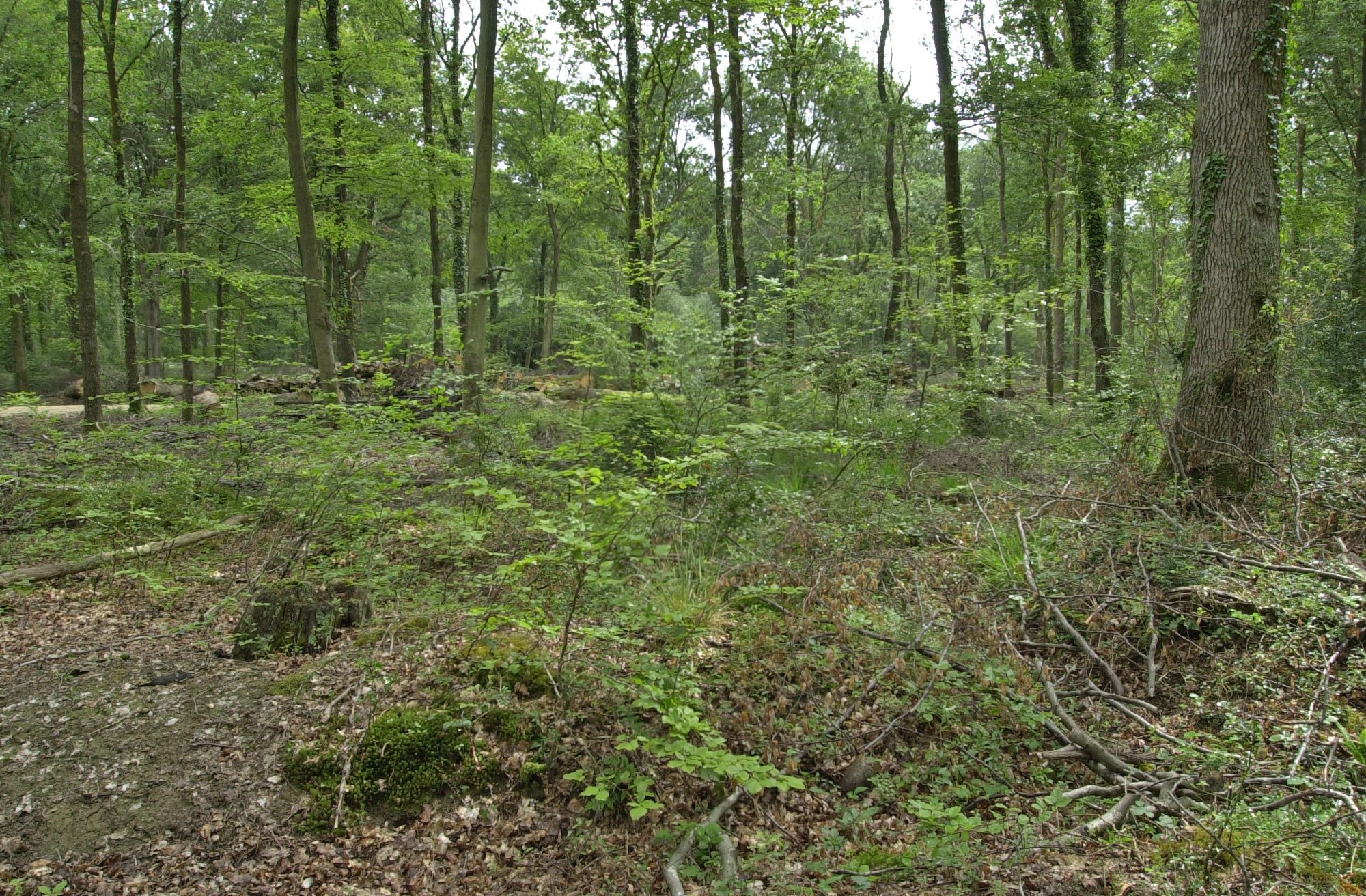There is increasing interest in understanding, valuing and supporting the variety of ecosystem services that woodlands can provide. Land owners and managers can play a key role in the delivery of forest ecosystem services through active woodland management, woodland expansion and woodland creation.
Forest Research social scientists explored evidence for land manager perceptions and understandings of the concept of payments for ecosystem services, the current use of formal and informal networks to support land managers’ decision making, and the ways in which land managers learn from others.
Findings and Recommendations
Many land managers were not familiar with the term ecosystem services or the concept of payments for ecosystem services. However, they did often recognise that their woodlands could provide a range of benefits to society.
Quantifying forest services and benefits was thought to be particularly difficult in considering the design of any schemes that might provide payment for these services and benefits.
The research identified key formal and informal networks of importance:
1) Networks related to place – those in land managers immediate locality.
2) Networks related to woodland management and associated institutions – land managers gravitate towards those organisations whose mission most closely matches their own objectives.
3) Networks related to social and personal identity – reflecting land managers own social connections, beliefs and values.
In terms of individual and social learning, land managers were interested in learning about strategies for maintaining sustainability of their forests in the face of climate change, pest and diseases, or for ensuring economic stability.

Attention should be paid to providing accessible descriptions of ‘ecosystem services’, ‘payments for ecosystem services’ and ‘natural capital’ for land owners and managers.
Social learning is important as a process that can change individual and group behaviour. This should be a key consideration in land management where new schemes may rely on landscape and community change.
It is important to understand and engage with land managers and involve them in the design of the mix of approaches that might encourage and enable more active woodland management, woodland creation and the delivery of a range of forest ecosystem services.
The three mechanisms (PES, networks and social learning) outlined in the research could:
• Be helpful approaches used to encourage greater woodland management and woodland creation and the delivery of forest ecosystem services.
• Can be considered independently or in varying combinations as part of a multi-faceted approach to the delivery of ecosystem services.
• Can be combined with other mechanisms including regulation and certification schemes to provide land managers with a mix of options through which they can be supported to carry out sustainable forest management, provide a range of forest ecosystem services, manage and create new woodlands.
Our Involvement
The work was carried out in collaboration with the Sylva Foundation and Oxford University.
Forest Research will be continuing our research in this broad area over the next few years.



